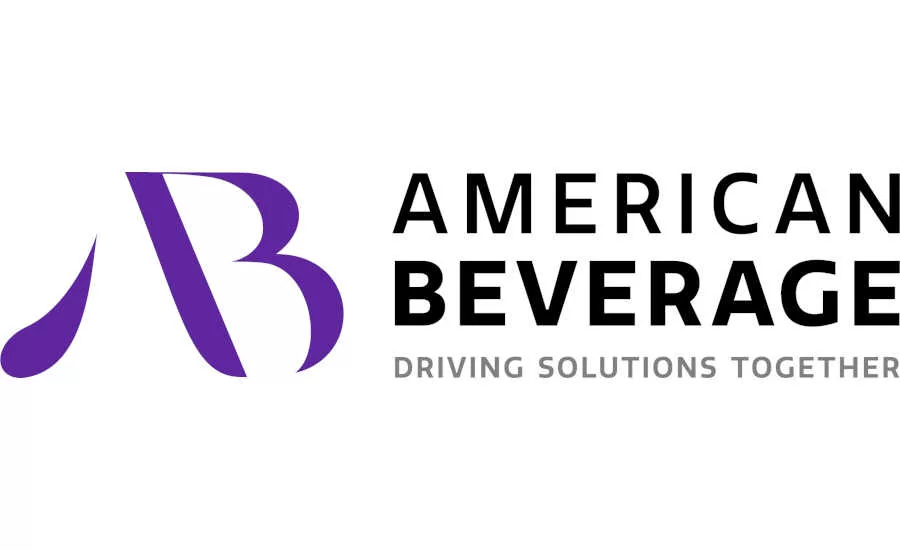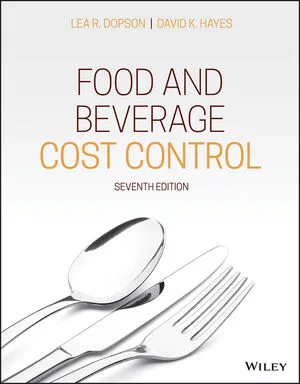American Beverage announces new brand name to reflect its distinct identity
Association unites industry as it drives forward with solutions-oriented focus on issues

American Beverage, formerly the American Beverage Association (ABA), Washington, D.C., announced a new look and name that speaks to who the association is — a strong, united, forward-thinking industry driving solutions together on issues of importance to the communities, families and customers we serve, it said in a statement.
The ABA, which celebrated it’s 100-year anniversary in 1919, notes that as it moves into the next 100 years as a solutions-oriented industry, it will be known as “American Beverage,” because at its core, that is who we are, the company says. American Beverage (AB) captures the strength and unity of our industry as it moves ahead together. A new tagline, “Driving Solutions Together,” speaks to the collaborative nature of our membership and the organizations the industry works with to achieve positive results, it adds.
“This is an exciting moment for our industry,” said Katherine Lugar, president and chief executive officer of American Beverage, in a statement. “We have a lot to be proud of due to the leadership our members have shown in reducing our plastic footprint, lessening our impact on the environment and innovating with beverage choices to support families’ efforts to reduce sugar in their diet. Our new look reflects our inherent drive toward innovative solutions.”
The core strength of the beverage industry is its spirit of innovation, particularly as America’s leading beverage companies look for ways to work with community partners, government and advocacy groups on meaningful solutions that make a difference.
Today’s American Beverage membership is made up of 227,000 employees who are the backbone of a thriving U.S. industry of American beverage companies, bottlers and suppliers making American products by American workers in America's hometowns, American Beverage says.
Noting that the roots of the American beverage industry go back to the 1880s when soft drinks created by pharmacists and small entrepreneurs were delivered by horse and cart, the AB industry continues to contribute to the cities and towns where they have worked and lived for generations. In addition to its strong, historic roots, a hallmark of the beverage industry is its members’ willingness to put competition aside and work together on issues of importance.
"For over a hundred years, our iconic industry comprised of local businesses has continuously demonstrated strong commitment to their customers, consumers and communities,” said Matthew Dent, chairman of the American Beverage Board of Directors and president and chief operating officer of Buffalo Rock Co., Birmingham, Ala., in a statement. “Our willingness to lead on tough issues is in our nature, has been so for decades, and we are prepared to engage the challenges and opportunities that are in our future."
The businesses and people who make up the American Beverage’s association membership are solutions oriented. With issues like the environment, health and wellness, and plastic, American Beverage’s membership has joined with government and non-governmental organizations alike on solutions that have a real impact. These include:
• The Every Bottle Back initiative launched last year with prominent environmental groups is a groundbreaking effort to reduce the industry’s use of new plastic by increasing the amount of plastic bottles that are collected and remade. In its first full year, the beverage industry funded 11 community recycling projects estimated to collect 644 million more pounds of recycled PET.
• The Balance Calories Initiative is a joint effort with the nonprofit Alliance for a Healthier Generation to reduce sugar nationally per person by 20 percent. Beverage companies are using their strengths in product innovation and marketing to increase consumer interest in beverage options that have less sugar or zero sugar, and smaller package sizes. Today, more than 54 percent of all beverages sold are zero sugar.
• The beverage industry is working with World Wildlife Fund (WWF) to measure the reduction in its plastic footprint over time in a transparent manner, and AB has joined the U.S. Plastics Pact to work toward a circular economy for plastics.
Looking for a reprint of this article?
From high-res PDFs to custom plaques, order your copy today!






